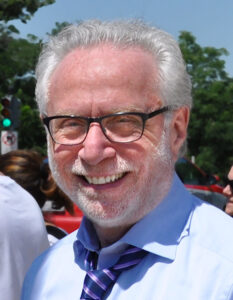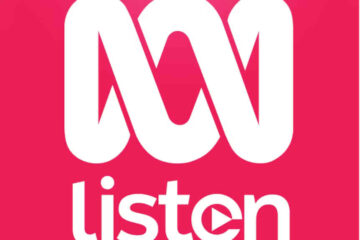Gershon provides his assessments about the various tracks of negotiation, including the tracks of Qatar, Egypt and the USA.
BLITZER: The efforts to -free the hostages held by Hamas, that effort continues. Israel believes more than 240 people are being held captive in Gaza. Right now, at least 33 of those kidnapped, I believe to be children.
I’m joined now by Gershon Baskin. He is the Middle East director of the international community’s organization. He has extensive experience negotiating the release of hostages. In 2011, he instigated the peace negotiations with Hamas that resulted in the release of that Israeli soldier Gilad Shalit.
Gershon, thanks so much for joining us. I know you’ve been working as an unofficial negotiator to try to help release some of these hostages being held by Hamas.
First of all, Gershon, what can you tell us about the status of any talks you have had recently with Hamas.
GERSHON BASKIN, UNOFFICIAL ISRAELI NEGOTIATOR: I can tell you what I — what I assess is happening, because I have little in real information from any of the parties at this time. They’ve basically gone radio silent over the last days, which is usually an indication that something serious is happening.
My assessment is that the track that is being run in Qatar is not moving forward, as expected. That it seems from what I’m able to assess that the political leadership in Hamas is somewhat disconnected to what’s going on under the ground in Gaza.
And I understand that there is a much better chance through the Egyptian channel. But today, you also learn there might be another third track going on, which I can’t give details about, which the Americans are actually indirectly involved in if started. So, these are very intensive talks. The time is running out clearly. The moment that the Israeli army enters the tunnels, the hostages are at in harm’s way as the Israeli soldiers advance inside the massive tunnel network. On the other side of the hostages, of course, are the Hamas fighters.
BLITZER: I have heard it — tell me if this is true or not, that, that third track might actually be Turkey, which apparently has some contacts with Hamas. I know the Secretary of State Antony Blinken, after he wraps up his talks in Amman, Jordan, with the Arab foreign ministers. He’s going to be heading to Turkey, which is a NATO ally, as all of us, of course, know.
Is Turkey involved in trying to get these hostages out?
BASKIN: I know early on — already a month ago, the Turks were wanting the first approach. There are good relations between the Israeli intelligence and the Turkish intelligence. To the best of my knowledge that has not been one of the major tracks. And it’s not the one that I heard about today that I haven’t received confirmation on. But I heard, if it is happening, it might be the one that can make this happen.
Of course, we don’t know if they’re talking about the deal that Hamas has proposed of all, for all, all of the hostages, for all of the prisoners in Israel, which is an almost impossible deal for Israel to accept, or whether or not they’re working on the humanitarian release of infants, children, women, elderly, sick, and wounded.
That’s a much more limited release. But that’s the one that Hamas should be making immediately, without any question, because it’s against the Quran. It’s against their own beliefs to attack women and children and elderly people. It’s against the Quran to even hold them as hostages.
BLITZER: As someone who has worked in these back channels, Gershon to try to get Hamas to release Israelis. And I know you’ve got a lot of experience in dealing with them. Are you upbeat? Are you optimistic or pessimistic that those more than 240 hostages taken out of Israel into Gaza on October 7th will be released?
[12:15:06]
BASKIN: To be truly honest, I think about the worst and hope for the best. I think it is a moral responsibility of the government of Israel to bring these hostages home, because Israel failed to protect them. I think that the government of Israel at the end of the day will be willing to pay a very high price to bring them home.
But we have a problem in Israel, because currently we have a very weakened prime minister, and a government of ministers who do not necessarily support any deal with Hamas of any kind.
The only way to bring all the hostages home will be through an agreement with Hamas. There is no way to rescue them all. We might be able to rescue some of them. But surely, many of them will not be rescued in military operations.
So, we have to pursue and exhaust every possibility of any kind of agreement with Hamas, even though we know that the final goal of Israel in this war is to dismantle Hamas’ ability to govern and to threaten Israel ever again.
BLITZER: Gershon Baskin, thank you so much for joining us.
BASKIN: Thank you, Wolf.



